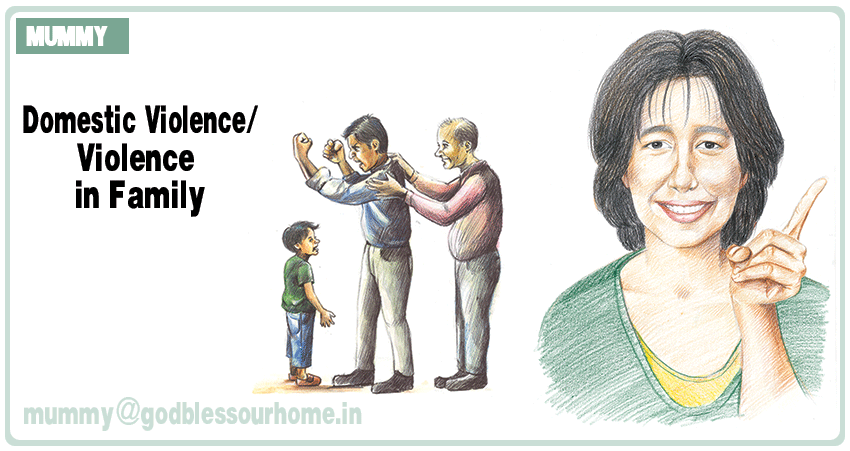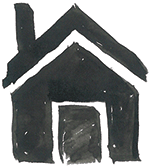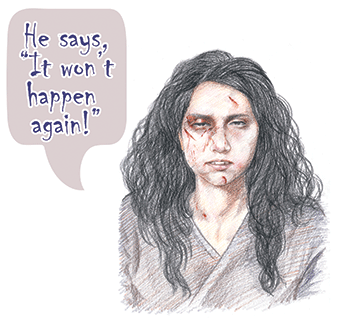

| Domestic violence and abuse can happen to anyone, regardless of size or gender, yet the problem is often overlooked, excused, or denied. This is especially true when the abuse is psychological, rather than physical. But no one should live in fear of the person they love. Reach out; there is help available. Stand up against domestic violence! | |
|---|---|
What is Family Violence? Many people believe that family violence is only physical abuse. In fact, violence may be psychological, sexual, social, financial or even spiritual. Physical Abuse includes hitting, pinching, slapping, pushing, punching, kicking, burning, stabbing or shooting. It may also include threats to cause harm. Psychological/Emotional or Verbal Abuse includes put-downs, name calling, jealousy, isolation from family and friends, and threats to leave the relationship or to commit suicide if the victim does not co-operate. Sexual Abuse includes unwanted touching or sexual activity. It may include control over birth control, forced pregnancies or abortions and transmission of Sexually Transmitted Diseases. Financial Abuse occurs when an individual uses finances to control another individual. This could include forcing a person to hand over all or part of their salary or by denying someone access to their own finances. Spiritual Abuse occurs when an individual uses religious or spiritual matters to control another, such as forcing another to follow a particular faith or give up their religion. All forms of abuse are wrong! Many are against the law. Family violence can happen to anyone, say persons with disabilities, women, men, youth or seniors. Victims of family violence come from all socio-economic and cultural backgrounds. Regardless of gender or relationship status, family violence is characterized by a power imbalance, where one person tries to control another. The aggressor often uses intimidation, fear and abuse to maintain that control. Woman abuse is a primary indicator of child abuse and vice versa. This system of violence in the family is so exact that the family dog tied up in the yard and abused indicates that inside the house the family is being battered, too. Most people who work with children of alcoholics are well aware that these children often suffer from physical violence against them by a drunken parent. What they may not understand is that these children probably suffer more often because of abuse against their mothers, since woman abuse is even more common than child abuse. Children who have witnessed abuse often suffer low self-esteem, depression, stress disorders, poor impulse control and feelings of powerlessness. They are at high risk for alcohol and drug use, running away, isolation, fear and suicide. |
How to Help Women and Children Coping with Violence? There are ways to help women and children cope with family violence. The first step is to learn as much as possible about the dynamics of the violent family. Help children learn non-violent conflict resolution, anger control and other skills which will serve them well in their future relationship. Violence is a learned behavior. Children who are raised in violent homes may learn to repeat the family patterns either by becoming abusers or battered themselves as adults. Boys who have witnessed abuse of their mothers are 10 times more likely to batter their female partners as adults. Family violence is the number one drain on our domestic economy because it is the bedrock for virtually all of our social problems such as violent crime, homelessness and the next generation of alcoholics and drug addicts. There is much that can be done to help these children. As we educate ourselves about family violence and begin to develop the skills to work with the victims and perpetrators of violence, this oldest of human crimes will begin to disappear. The willingness to listen and to hear the cries of battered families is the first step and only then we will be able to reach out and draw them back into a sane and safe world.
Compiled from “Family Violence" |







